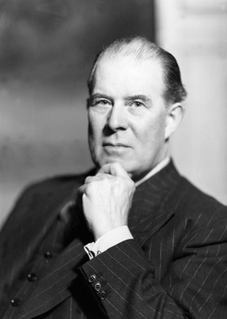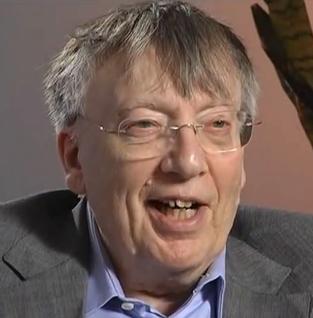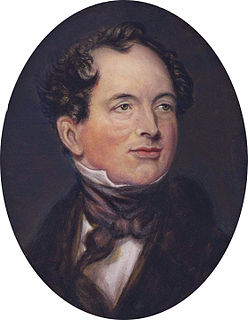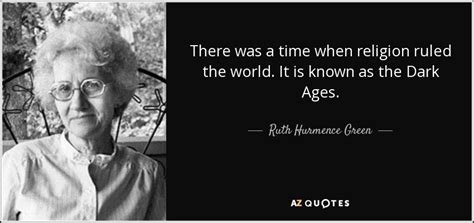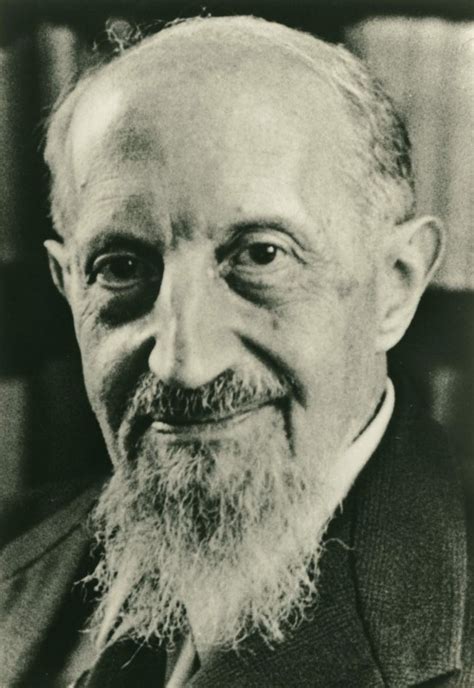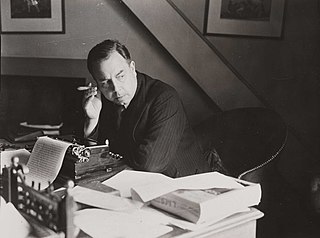A Quote by Marcel Proust
Poets claim that we recapture for a moment the self that we were long ago when we enter some house or garden in which we used to live in our youth. But these are most hazardous pilgrimages, which end as often in disappointment as in success. It is in ourselves that we should rather seek to find those fixed places, contemporaneous with different years.
Related Quotes
When we sit, we open our own treasure house. Rather than do this, however, most of us first seek to find the treasures another person can provide. We calculate their value to us. When we approach relationships in this manner, we are coming as beggars, seeing the other as a source of supply. When we can enter a relationship with our treasure house already open, there is no end to the wonders we can find, both within and between ourselves and another.
How often are you worrying about the present moment? The present moment is usually all right. If you're worrying, you're either agonizing over the past which you should have forgotten long ago, or else you're apprehensive over the future which hasn't even come yet. We tend to skip over the present moment which is the only moment God gives any of us to live.
When we refuse to work with our disappointment, we break the Precepts: rather than experience the disappointment, we resort to anger, greed, gossip, criticism. Yet it's the moment of being that disappointment which is fruitful; and, if we are not willing to do that, at least we should notice that we are not willing. The moment of disappointment in life is an incomparable gift that we receive many times a day if we're alert. This gift is always present in anyone's life, that moment when 'It's not the way I want it!
There are clearly times when quieting down and bringing our energy back into ourselves is a step toward inner peace.
Yet the most powerful life is not one in which we bring ourselves back to our center when we have spun away from it, but rather one in which we seek to live from that center at all times.
I think we all carry within us different versions of ourselves. Our true, greatest, most honest versions of ourselves can either be developed and nourished, or it can remain dead from neglect. Most people opt for the easiest version rather than the best.
But in the end which version lives, which version thrives and which version dies, depends on the choices we make and the people in our lives.
There are some places which, seen for the first time, yet seem to strike a chord of recollection. "I have been here before," we think to ourselves, "and this is one of my true homes." It is no mystery for those philosophers who hold that all which we shall see, with all which we have seen and are seeing, exists already in an eternal now; that all those places are home to us which in the pattern of our life are twisting, in past, present and future, tendrils of remembrance round our heart-strings.
When we honestly ask ourselves which person in our lives mean the most to us, we often find that it is those who, instead of giving advice, solutions, or cures, have chosen rather to share our pain and touch our wounds with a warm and tender hand. The friend who can be silent with us in a moment of despair or confusion, who can stay with us in an hour of grief and bereavement, who can tolerate not knowing, not curing, not healing and face with us the reality of our powerlessness, that is a friend who cares.
Fifty years ago people believed, accurately, that they were entitled to seek the blue bird, whereas today they believe, mistakenly, that they're entitled to find it and take it home, in a complimentary cage with a month's supply of birdseed....Those who think they've a right to catch whatever they are free to chase, are doomed to disappointment. That's our generation in a nutshell.
Let me define a garden as the meeting of raw nature and the human imagination in which both seek the fulfillment of their beauty. Every sign indicates that nature wants us and wishes for collaboration with us, just as we long for nature to be fulfilled in us. If our original state was to live in a garden, as Adam and Eve did, then a garden signals our absolute origins as well as our condition of eternity, while life outside the garden is time and temporality.
When we let go of our battles and open our heart to things as they are, then we come to rest in the present moment. This is the beginning and the end of spiritual practice. Only in this moment can we discover that which is timeless. Only here can we find the love that we seek. Love in the past is simply memory, and love in the future is fantasy. Only in the reality of the present can we love, can we awaken, can we find peace and understanding and connection with ourselves and the world.
The plan was for Jesus to come to Earth two thousand years ago with a pocketful of miracles and souls for the people who were then alive. After his return to heaven from Earth he is going to build those mansions, come back before his generation dies out, finally put an end to the world which has been such a rotten disappointment, and deposit most of these souls in hell. No wonder heaven is only 12,000 furlongs wide, long, and high.
We are dominated by everything with which our self is identified. We can dominate and control everything from which we disidentify ourselves. The normal mistake we all make is to identify ourselves with some content of consciousness rather than with consciousness itself. Some people get their identity from their feelings, others from their thoughts, others from their social roles. But this identification with a part of the personality destroys the freedom which comes from the experience of the pure “I”.
But the point is, now, at this moment, or any moment, we're only cross-sections of our real selves. What we really are is the whole stretch of ourselves, all our time, and when we come to the end of this life, all those selves, all our time, will be us - the real you, the real me. And then perhaps we'll find ourselves in another time, which is only another kind of dream.
Searching for the self when I was entirely alone was hazardous. What if I found not so much a great emptiness as a space full of unpleasant contents, a compound of long-hidden truths, closeted, buried, forgotten. When I went looking, I was playing a desperate game of hide-and-seek, fearful of what I might find, most afraid that I would find nothing.







